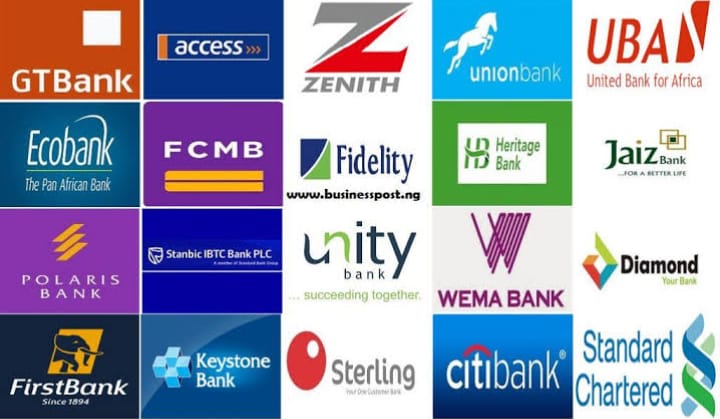Imagine expecting to receive payment for the goods you sold to a customer only to find that the significant amount of money never reached your bank account. For Malam Haruna Yau, a palm oil vendor in Kano State, Nigeria, this nightmare became a reality.
KANO FOCUS reports that, despite his initial skepticism about adopting electronic bank payments for his business, Haruna decided to open a bank account to receive payments from his customers.
However, he soon faced numerous challenges with vanishing funds due to network glitches causing discrepancies between customer transactions and his received payments.
“The major problem we have is the unpredictable network issues, which can be quite frustrating when trying to receive payments from customers,” Haruna explained. “Because of these network issues, we find ourselves going back and forth with customers on payments they say they made, which don’t reflect in my account. And in some cases, the money shows up much later.”

One specific challenge Haruna faced was when he lost ₦19,000 due to network issues. “Just last week, I lost about ₦19,000. A lot of customers sent me money, but I didn’t receive the payments, even my neighbor selling next to me sent me some money, same thing,” Haruna said.
Haruna added, that this was one of the reservation he had about bank transfers but he knew he could not escape using the bank for his business due to the raise of technological advancement
He went further to explain that there are a lot of small vendors who still resist having bank accounts due to the fear of vanishing bank transfers
“It’s discouraging for vendors who are not banked hearing those of us who opened bank accounts complaining of our monies vanishing within banks” he said
Hajiya Rabi’a, a women’s clothing vendor, shared a similar story. She sent ₦5,000 to her brother on two separate occasions, but the funds never reached him.
“I thought it was a one-off issue, but when it happened again, I was shocked,” Rabi’a said. “I had to pay that money thrice.” She lamented.
According to industry players, the issues with vanishing interbank instant transfers often originate from the deposit banks themselves. The Central Bank of Nigeria (CBN) has implemented measures to address these challenges, including the Industry Dispute Resolution Platform.
“The CBN has been working tirelessly to address the challenges faced by customers,” said an industry expert. “The Industry Dispute Resolution Platform is a significant step towards resolving disputes and improving the overall customer experience.”
The CBN has also directed deposit money banks to resolve instant interbank disputes within three working days. Customers have the right to report any issues to the CBN and fill out a complaint form.
In addition, the CBN’s regulation on Instant Electronic Funds Transfers (EFT services) states that all instant interbank EFTs should take place within 1 minute (60 seconds). However, despite this protocol, deposit money banks have been seen falling short of upholding this right to customers.
According to data from the Nigerian Inter-Bank Settlement System (NIBSS), the volume of instant interbank transfers has increased significantly over the past year, with over 10 million transactions valued at over ₦10 trillion.
However, the same data also shows that the number of disputes and complaints related to untraceable funds has also increased, with over 10,000 complaints received by the CBN in the past quarter alone.
The impact of untraceable funds on individuals and businesses cannot be overstated. For Haruna, the loss of ₦19,000 was a significant blow to his business. “It’s not just about the money; it’s about the trust and confidence that customers have in the banking system,” Haruna said.
To address these challenges, the CBN has launched the Industry Dispute Resolution Platform, which is strictly for card and POS transactions. Banks have been mandated to report any single dispute to the platform.
“All banks are under obligation to report their dispute on the Industry Dispute Resolution System (IDRS) platform. This took off three months ago, so hopefully, customers should expect better services,” an industry source said.
While electronic bank payments offer convenience and efficiency, the challenges with vanishing funds cannot be ignored. As the CBN continues to work towards resolving these issues, customers must be aware of their rights and the measures in place to protect them.
_*To protect themselves from vanishing funds, customers can take the following steps:*_
– First, verify transactions with their banks
– Report any issue of bank non compliance to resolving the issue; by filling out a CBN complaint form about the banks non compliance
By taking these steps, customers can help ensure that their transactions are secure and that they receive the funds they are owed.
In the words of Haruna, “I believe that electronic bank payments are the future, but we need to address the challenges that come with it. As customers, we need our banking institutions to do better to serve us properly and protect our funds”.





